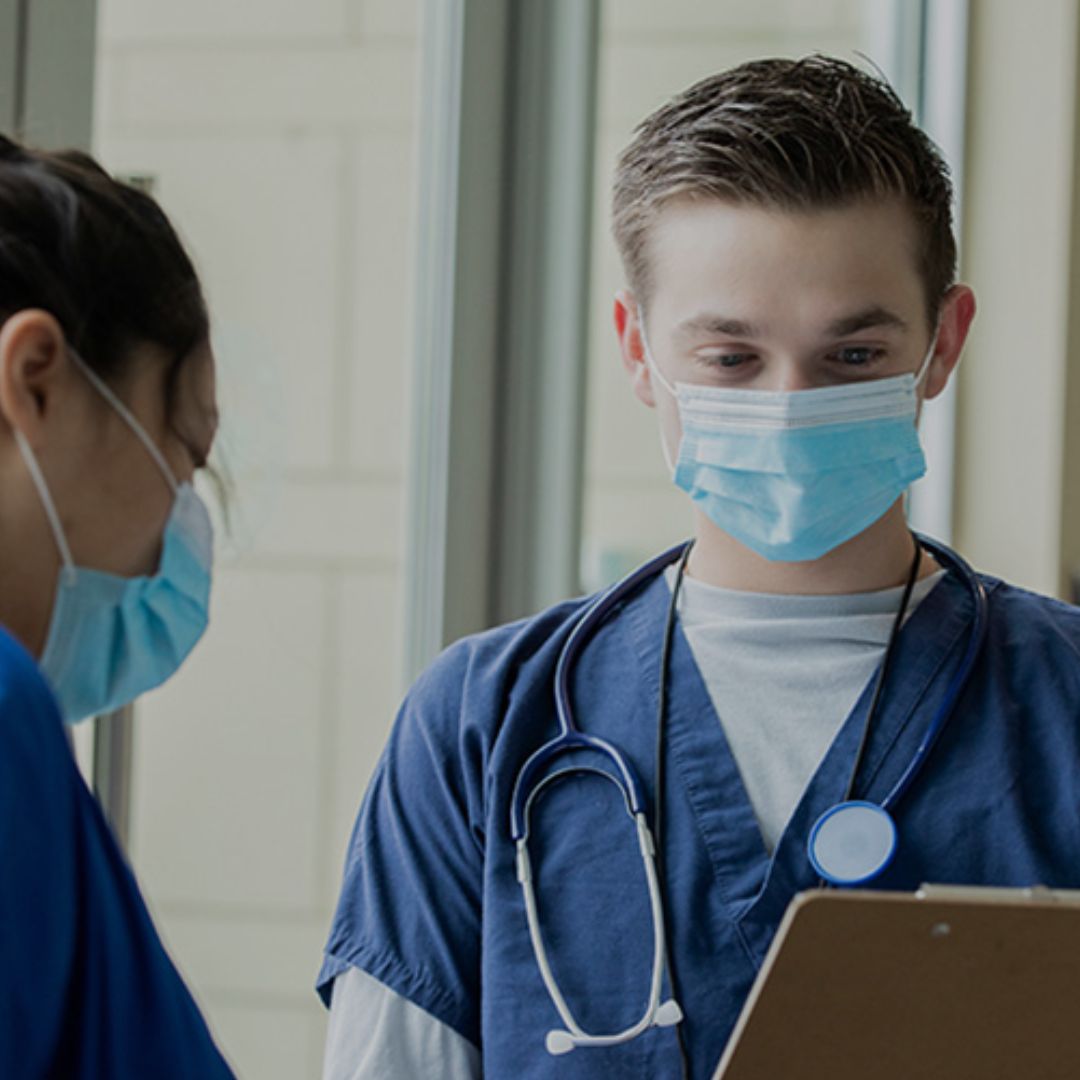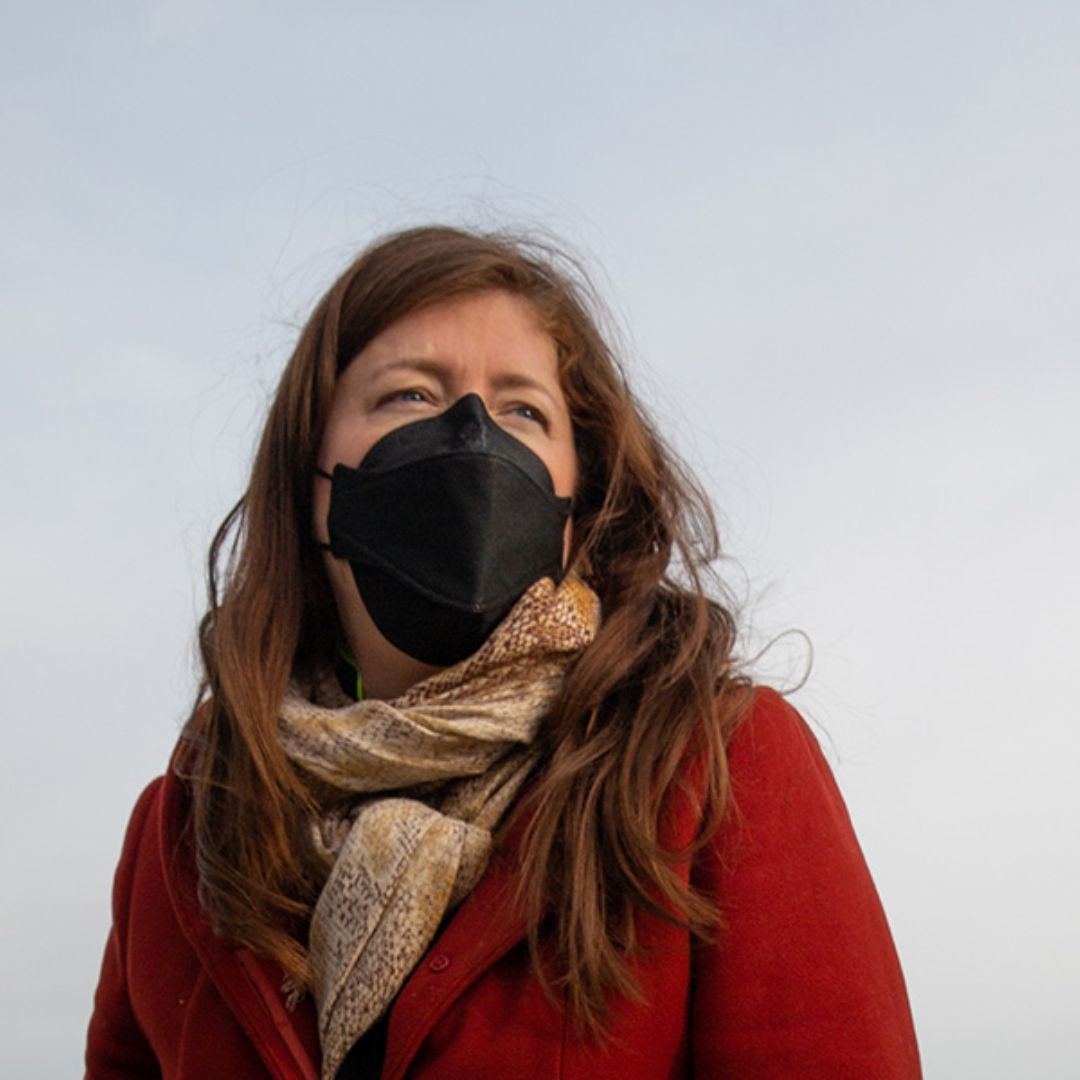Food and medications
Leaving the house to get groceries or pick up medications is often unavoidable. While many stores and companies now offer delivery services or curbside pick-up, this may not always be feasible due to extra expenses or increased wait times. Keep these tips in mind the next time you make a trip to the store:
- Stay home if you are sick. If possible, ask a healthy friend, neighbour or family member to run an essential errand for you instead, and make sure to practice proper hand hygiene (below) after handling any items they have dropped off at your doorstep.
- Plan ahead. Check if your local pharmacist or grocery store has off-peak hours so you can plan a trip when it is not as crowded, and before you go, make a list of items you need for two weeks at a time.
- Wash your hands before leaving the house, and if you can, bring a bottle of hand sanitizer or some disinfectant wipes along. Pharmacists and grocery store clerks are now sanitizing grocery carts, self-checkout kiosks and debit/credit machines after each use, but you may want to have some wipes handy just in case. Disinfect your hands before leaving the store, if possible.
- Commit to buying an item before you touch it. In a worst-case scenario, the coronavirus can live on various surfaces such as cardboard, plastic and metal for a few days, so it is important to reduce the number of times you handle a product in a store. Be absolutely sure you want to purchase something before picking it up.
- Should I wear a mask and gloves? There is no decisive answer about this yet, but do what makes you feel safe. However, if you do decide to take these precautions, please note that medical masks (N95 and surgical masks) should be used by healthcare professionals. Help ensure our frontline hospital workers have enough personal protective equipment (PPE) on site by wearing cloth masks instead. By searching online, you will find a number of local businesses and artisans who are producing masks. For proper instructions on donning and doffing masks, click here. If you wear gloves, you can still cross-contaminate other surfaces (e.g., picking up groceries, and then touching your phone, which touches your face). One way to avoid this is to sanitize your gloved hands each time after handling something, and this article offers some great advice on dos and don’ts for wearing gloves. Remember to wash your hands with soap and water after taking off and disposing of your gloves in the garbage.
- What about disinfecting groceries/outside items? Again, there is no decisive answer yet. Taking precautions doesn’t hurt, and it will help to reinforce healthy hygiene habits during this time. If you are worried, here are some steps you can take to wash, clean and store your groceries. This also applies to bottles of medication and prescriptions.
- Practice safe physical distancing from fellow shoppers by staying six feet apart while in line, or wandering around the store.
Gas
If you need to drive somewhere to run an errand for yourself, your friend, neighbour or family member, you will need to refuel (or recharge) your car at some point. In order to get to a gas station safely, follow similar advice as you would for going shopping, and remember these steps:
- Disinfect your car before leaving. Using cleaning products or soap and water, wipe down your door handles, seat belts, steering wheel, buttons, and any other surface areas you or others will touch when you enter the car. Bring some additional wipes and hand sanitizer with you.
- Refuel/recharge at off-peak hours. This will help minimize your contact with others on the road. To lessen the number of times you visit a gas/charging station, make sure to fill your entire tank, or charge your battery until it is full.
- Sanitize external surfaces. When you arrive at the gas station, wipe down the buttons at the kiosk as well as the gas pump before you use it. If you are worried about directly touching the pump, use some paper towel. The same steps apply at the charging station if you have an electric car.
- Pay at the pump to avoid paying in-person, and if this feature is available, tap to pay with your credit/debit card instead of pressing the buttons on the machine. Or, if your gas station has an app, you can pay online instead.
- Wash your hands afterwards. After you have finished filling the tank/recharging and paying, make sure to clean your hands before going back into the car. If you don’t have access to sanitizer, wipes or soap and water while you are out, remember to avoid touching your face until you are able to wash your hands properly.
Proper hand hygiene
This message has been reiterated several times throughout this post, but it is vital for everyone to practice good hand hygiene techniques.
- Always wash your hands before you leave the house, as soon as you return home from a public place, as well as after you sneeze, cough or blow your nose.
- The advice on Public Health Agency of Canada’s website is to wash your hands for a minimum of 20 seconds with soap and warm water. This includes your palms, the back of each hand, in between your fingers, thumbs and under your nails.
- If you don’t have access to soap and water, use an alcohol-based hand sanitizer with a minimum of 60 per cent alcohol. However, while hand sanitizer is effective, it does not kill all germs. So, as soon as you are able, wash your hands with soap and water.
When you do venture out, do not touch your face after you have touched something in an external environment (e.g., grocery carts, elevator buttons, doorknobs). Be mindful of where your hands are at all times. Why does this matter? COVID-19 is transmitted through your eyes, nose and mouth, and we touch our faces countless times a day without noticing. It is very easy for the virus to spread, and it is therefore important that we practice good hand hygiene in public, and in our private dwellings.
Information changes quickly, but hopefully these tips will help you to be more prepared and confident the next time you run essential errands.


